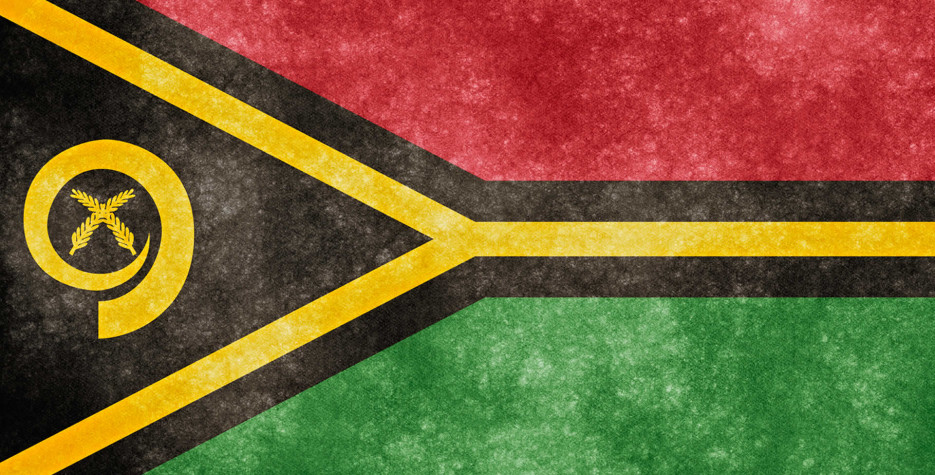When is Vanuatuan Independence Day?
Independence Day is a public holiday in Vanuatu observed on July 30th each year. If July 30th falls on a Sunday, a public holiday will be observed on Monday July 31st.
This is the National Day of Vanuatu and marks the end of colonial rule by Britain and France on this day in 1980.
History of Vanuatuan Independence Day
Vanuatu is an archipelago of 82 islands (65 are inhibited) and is located about 1,750 kilometres (1,000 miles) east of Australia.
Despite their remote location, the islands were permanently inhabited as early as 500BC and were part of the Tongan Empire in the 14th century.
European colonial contact began in 1606 when the islands were visited and claimed by Spain which established a short-lived settlement before they were forgotten again.
The islands were rediscovered in 1768 and were given the name ‘New Hebrides’ by Captain James Cook on his visit in 1774.
It was the French who established the first permanent settlements in the 1850s, with the British claiming parts of the archipelago. In 1906, the modernity of the 20th century meant that rather than beat each other to a standstill for overall control, the two European superpowers instead agreed on a unique framework arrangement called a condominium to share the rule of the New Hebrides. To this day, the three official languages of Vanuatu are Bislama, English and French.
Did you know?
The national dish of Vanuatu is 'lap lap', vegetable paste, coconut milk and meat cooked in a banana leaf.
In the 1960s, the movement to secede from the dual colonial control gathered momentum, leading to the establishment of a locally elected assembly. The assembly only lasted a few months due to political differences and infighting. A party of national unity was formed in 1978 and a new constitution providing for independence in 1980 was adopted on October 5th 1979.
The archipelago gained independence on July 30th 1980 as the Republic of Vanuatu (the name comes from two local words meaning 'home' and 'stand') and joined the Commonwealth.
Did you know?
The Vanuatu national anthem is “Yumi, yumi, yumi,” (We, we, we).
On gaining independence, an Anglican priest, Father Walter Lini, the leader of the main political party, Vanua’aku Pati, became the country's first Prime Minister.
This is the most important national holiday in Vanuatu and is celebrated throughout the country with the largest celebrations taking place in the capital, Port Vila.


